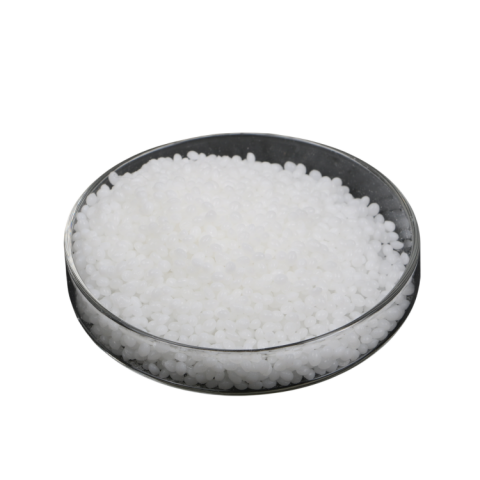![]()
Platinum oxide
Adams’ catalyst, also known as platinum dioxide, is usually represented as platinum(IV) oxide hydrate, PtO2•H2O. It is a catalyst for hydrogenation and hydrogenolysis in organic synthesis.[1] This dark brown powder is commercially available. The oxide itself is not an active catalyst, but it becomes active after exposure to hydrogen whereupon it converts to platinum black, which is responsible for reactions.
Platinum oxide applications:
1. Hydrogenation catalyst, suitable for double bond, triple bond, aromatic hydrocarbon, carbonyl, nitrile, nitro reduction
2. Excellent hydrogen absorption materials
3. Resistance with low resistance value range in electronic industry
4. Raw materials for components such as potentiometer and thick film line materials for electronic industry
Fill out the form below and we will respond within 30 minutes!
CAS No.: 1314-15-4
Molecular Formula: PtO2
Molecular Weight: 227.08
EINECS: 215-223-0
Pt content:
Pt≥85.0% (anhydrous)
Pt≥80% (hydrate)
Pt≥70% (trihydrate)
Structural formula:
Synonyms:Platinum(IV) oxide,platinum dioxide, platinic oxide
Specifications:
| Item | Standards | Results |
| PtO2 | ≥99.9(wt%) | ≥99.9 |
| Pt | ≥85.0(wt%) | 86 |
| Other Metallic Cation Impurities (MB) | ||
| Pd | ≤0.020(wt%) | |
| Au | ≤0.020(wt%) | |
| Rh | ≤0.020(wt%) | |
| Ir | ≤0.020(wt%) | |
| Ag | ≤0.005(wt%) | |
| Cu | ≤0.005(wt%) | |
| Al | ≤0.0005(wt%) | |
| Si | ≤0.0005(wt%) | |
| Fe | ≤0.0005(wt%) | |
| Ni | ≤0.0002(wt%) | |
| Pb | ≤0.0005(wt%) | |
Platinum oxide packing:
5 grams/10 grams/ 100grams bottle etc or according to clients request
Platinum oxide storage:
Kept under dry and cool place, Keep away from goods that can affect the quality of the goods, against damp. Careful load and unload, be care not pollute or torn the package, avoid rain and insolation during transportation.

Related products
-

Chloroauric Acid
Chloroauric acid CAS No.:16903-35-8 is the inorganic compound with the…
-

Chloroplatinic Acid
Chloroplatinic acid appears as a reddish brown crystal, easy delirium,…
-

Silver Nitrate
Silver Nitrate is colorless transparent rhombic tabular crystal. Relative density…
-

Polycaprolactone (PCL)
Polycaprolactone (PCL) is a biodegradable polyester with a low melting…










